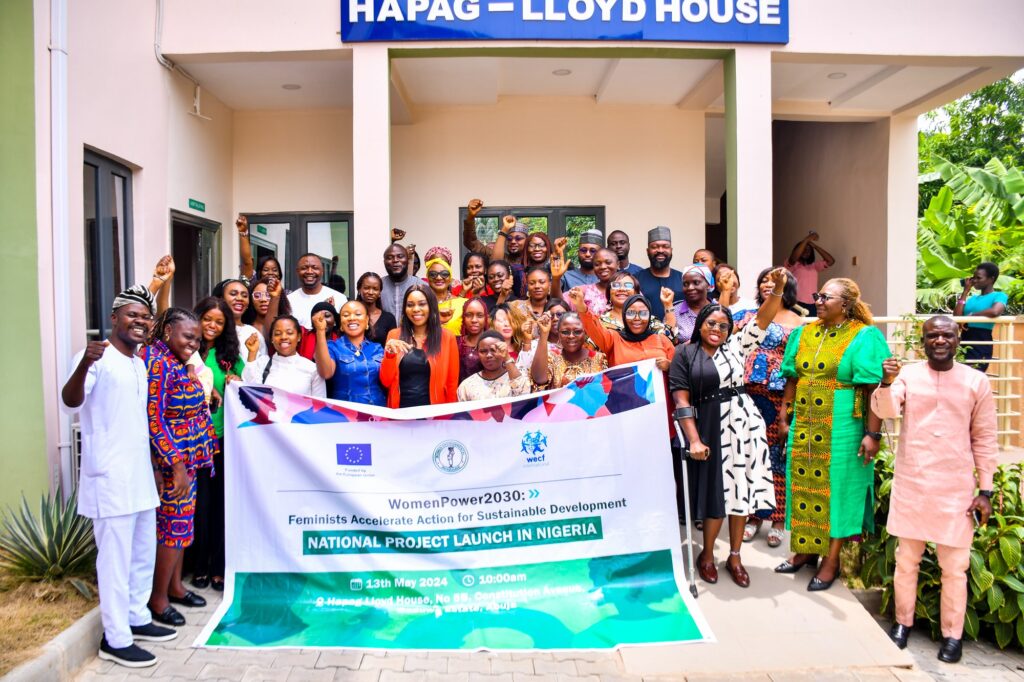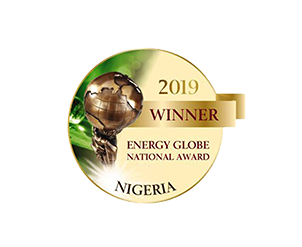
WomenPower2030: Feminist Accelerate Action for Sustainable Development
BACKGROUND AND PROBLEM
We are alarmed by the growing inequalities, growing fundamentalisms, rise of authoritarian governments and the roll-back of women’s rights which we see in many of our countries, the SDG5 is far from being on track.
UN WOMEN’s analysis (gender snapshot 2023) shows that halfway to the end point of the 2030 Agenda for Sustainable Development, the world is failing to achieve gender equality, making it an increasingly distant goal.
However, women’s rights, and women-led environmental and feminist organisations are increasingly under pressure, in particular countries where civil space and rights are shrinking, and structurally underfunded.
The above inspired the design of the project WomenPower2030: Feminist Accelerate Action for Sustainable Development.
WomenPower2030:Feminist Accelerate Action for Sustainable Development is a Financial Framework Partnership Agreement (FFPA) between European Union and a consortium of 5 feminist organizations led by Women Engage for a Common Future (WECF).
This FFPA was signed under LOT 4 of the call for the FFPA: proposals of global umbrella organisations of women’s organisations, having as members regional and/or national umbrella organisations and/or national individual organisations on different continent.
This FFPA is part of the European Commission’s Civil Society Thematic Programme with the GOAL of STREGHNTENING CSOS UMBRELLA ORGANIZATIONS.
PARTNERS
•Women Engage for a Common Future (WECF) – Lead Partner
•Women Environmental Programme
•African Women’s Development and Communication Network -FEMNET
•Asia Pacific Forum for Women, Law and Development (APWLD)
•Fundacion Para Estudio E Investigacion de la Mujer (FEIM)-FEIM
GEOGRAPHIC COVERAGE
70 DAC Countries
•AFRICA: 1. Algeria, 2. Burkina Faso, 3. Cameroon, 4.Chad, 5.DRC, 6.Egypt, 7.Ethiopia, 8.Ghana, 9.Guinea-Bissau, 10.Kenya, 11.Liberia, 12.Mali, 13.Malawi, 14.Mauritius, 15Morocco, 16.Mozambique, 17.Niger, 18.Nigeria, 19.Rwanda, 20.Senegal, 21.Sierra Leone, 22. Somalia 23.South Africa, 24.Sudan, 25.Tanzania, 26.Togo, 27.Tunisia, 28.Uganda, 29.Zambia, 30.Zimbabwe
•ASIA, CENTRAL ASIA & PACIFIC: 31. Bangladesh, 32. Cambodia, 33. China 34. Fiji 35. Hongkong Territory, 36. India 37. Indonesia, 38. Kazakhstan 39. Kyrgyzstan 40. Laos PDR 41. Malaysia, 42. Marshall Islands 43. Mongolia 44. Myanmar 45. Nepal, 46. Pakistan 47. Papua New Guinea 48. Philippines, 49. Samoa 50. Solomon Islands 51. Sri Lanka, 52. Tajikistan 53. Thailand, 54. Timor Leste, 55. Tonga, 56. Vanuatu, 57. Vietnam
•EASTERN EUROPE, BALKAN AND CAUCASUS: 58. Albania, 59. Armenia, 60. Georgia, 61.Moldova, 62.North-Macedonia, 63. Serbia, 64. Ukraine
•LATIN AMERICA AND CARIBBEAN: 65. Argentina 66. Bolivia, 67. Brazil, 68. Colombia, 69. Guatemala 70. Mexico.
•NON-DAC COUNTRIES – for network coordination and policy advocacy, such as Belgium (EU, Brussels), Switzerland (UN, Geneva) and USA (UN, New York) as well as in countries with WECF EU offices (France, Germany, Netherlands).
PROJECT GOAL
Strengthen capacity of women’s and feminist civil society networks and organizations to fight inequalities and advance gender-equal sustainable development.
PROJECT EXPECTED OUTCOMES
OUTCOME 1: Capacity of feminist and civil society networks and (grassroots) organizations are strengthened on advocating for implementation of gender-just climate action and sustainable development and addressing structural barriers to gender equality.
OUTCOME 2: Policies, laws and programmes (10-20) on sustainable development, climate and environment are more gender-responsive and include recommendations from women and feminist organizations in line with SDG5.
OUTCOME 3: More women, youth and feminist activists are acting as agents of change for gender-just sustainable development
KEY PROJECT ACTIVITIES BY WEP
WEP is responsible for implementing the WomenPower2030 Project in NIGERIA AND SIERRA LEONE.
Key activities include:
•Capacity building activities to strengthen member organizations
– Environmental justice and human rights booth camps
– ICT skills for member organizations
-Agroecology trainings for member organizations
-Training on EU and sustainable development policies
-Sub-grants to member organizations for organizational strengthening and advocacy initiatives
•Enhance feminist leadership in policy processes
-Advocacy for policy change
-Mentor young girls from feminist organizations on climate advocacy
•Campaign and awareness to change narratives
-Media skill shares
-Media awareness
PROJECT DURATION
48 Months (2024-2027)
FUNDING
EU FUNDING – 4,996,652.40 EUR (90% of Total funding)
CO-FUNDING BY PARTNERS = 10% of Total funding
TOTAL FUNDING = 555,183.60 EUR
WEP Organizes Environmental Justice and Human Rights Bootcamp for Feminists Organizations and Environmental Activists in Nigeria
Training manual: Environmental Justice and Human Rights
Training Manual: Digital Technology Skills for Feminist Environmental Activists and Organizations
PRESS RELEASE: WEP launches Farm Beta Radio Programme
Official Launch of the Womenpower2030 Project In Nigeria and Sierra Leone
National Dialogue and Pre-COP29 Planning Meeting in Nigeria


